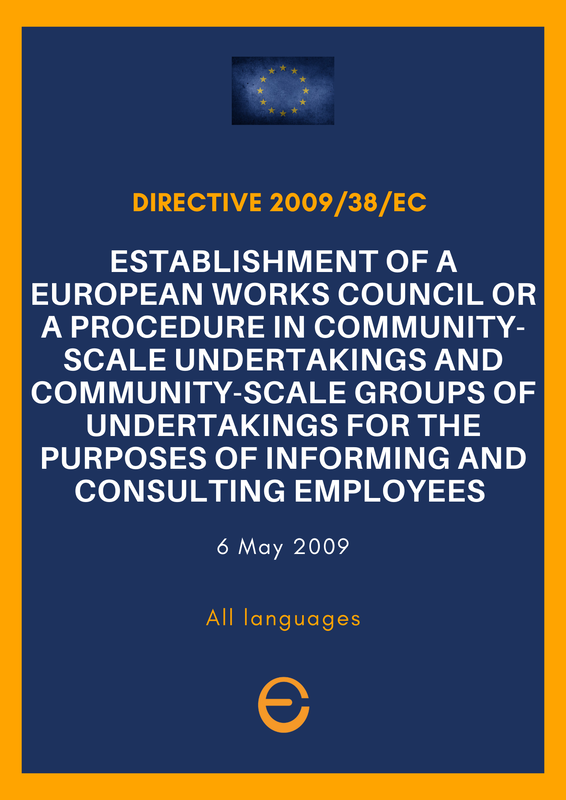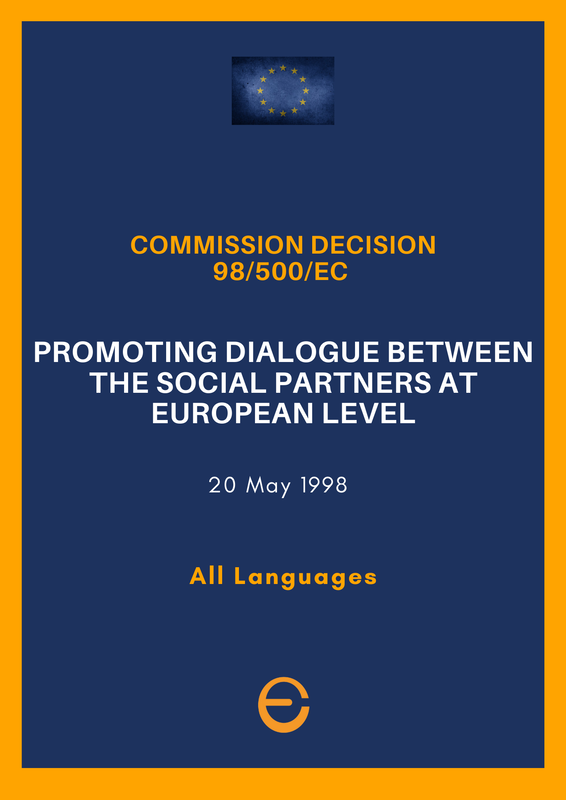EU SOCIAL PILLAR
Chapter II
Chapter II
8. Social dialogue and involvement of workers
"The social partners shall be consulted on the design and implementation of economic, employment and social policies according to national practices. They shall be encouraged to negotiate and conclude collective agreements in matters relevant to them, while respecting their autonomy and the right to collective action. Where appropriate, agreements concluded between the social partners shall be implemented at the level of the Union and its Member States.
Workers or their representatives have the right to be informed and consulted in good time on matters relevant to them, in particular on the transfer, restructuring and merger of undertakings and on collective redundancies. Support for increased capacity of social partners to promote social dialogue shall be encouraged".
Workers or their representatives have the right to be informed and consulted in good time on matters relevant to them, in particular on the transfer, restructuring and merger of undertakings and on collective redundancies. Support for increased capacity of social partners to promote social dialogue shall be encouraged".



